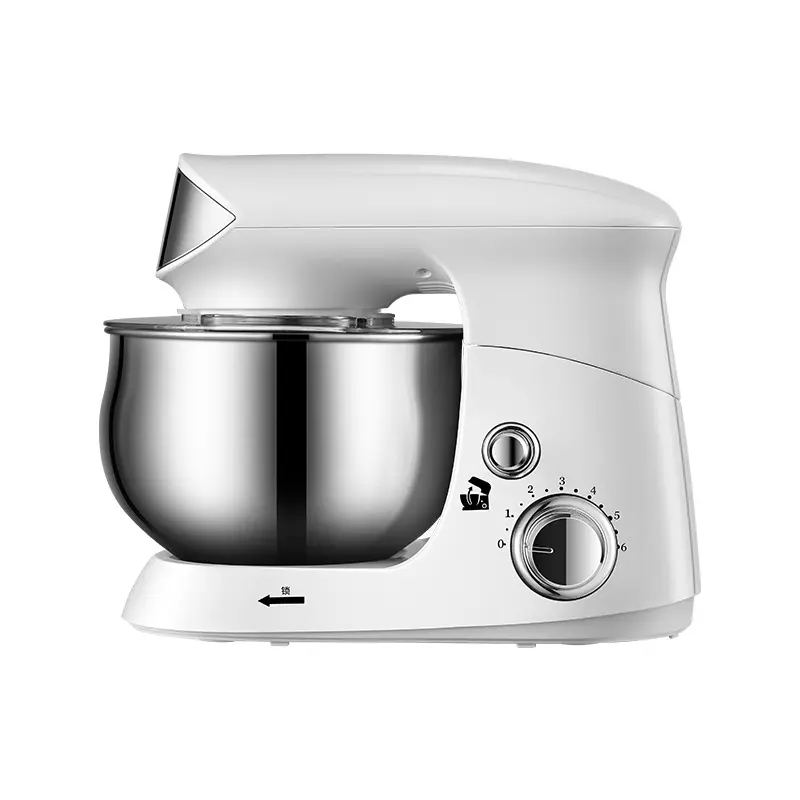how many watts is good for a stand mixer
When it comes to outfitting your kitchen with the best appliances, a stand mixer is an absolute must. It not only saves time and energy, but also improves your cooking. However, with the wide variety of stand mixers on the market, one key factor that often confuses buyers is determining the ideal wattage for the mixer. This blog aims to provide a comprehensive guide to help you understand the best wattage for your stand mixer so you can make an informed buying decision.
Learn about wattage:
Before diving into ideal wattage, it is important to understand the concept of wattage itself. In short, wattage determines the power output of a stand mixer. The higher the wattage, the more powerful and efficient the mixer is, capable of handling heavier tasks like kneading dough or mixing thick batters. On the other hand, lower-powered blenders are good for lighter ingredients and simpler recipes.
Determine your needs:
To determine how many watts are right for your stand mixer, you need to consider your specific requirements. Are you a casual baker who enjoys making cookies, cakes and lighter doughs? Or are you an avid baker or pastry lover who often prepares heavy dough? Assessing your needs will help you narrow down the range of wattages that are right for your cooking style.
Recommended power range:
For light to moderate mixing tasks, a stand mixer in the 200-400 watt range is usually sufficient. These mixers are suitable for the casual baker who takes on the occasional baking project. They efficiently handle common tasks such as light doughs, whipping creams and batters.
A stand mixer with a wattage of between 400-800 watts is recommended if you regularly handle heavy tasks like bread dough or dense cookie dough. These mixers offer more power and stability to blend harder ingredients with ease.
Professional or commercial kitchens that routinely prepare large amounts of or heavier dough may require a more powerful stand mixer. In this case, a mixer with a wattage of 800 or higher may be required to ensure consistent performance and durability.
Other factors to consider:
While wattage is an important consideration, it shouldn’t be the only deciding factor when buying a stand mixer. Other aspects, such as speed settings, bowl capacity, attachments, and overall build quality, can also significantly affect a mixer’s capabilities.
Buying a stand mixer with the right wattage ensures that it meets your specific needs and performs the task efficiently. By evaluating your cooking requirements and considering factors beyond wattage, such as speed settings and accessories, you’ll be better able to make an informed decision. Remember, a properly powered stand mixer not only saves time, but also enhances your cooking and baking experience. So invest wisely and enjoy mixing with ease in the kitchen!
